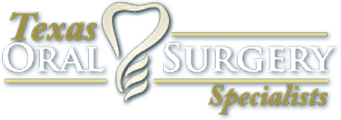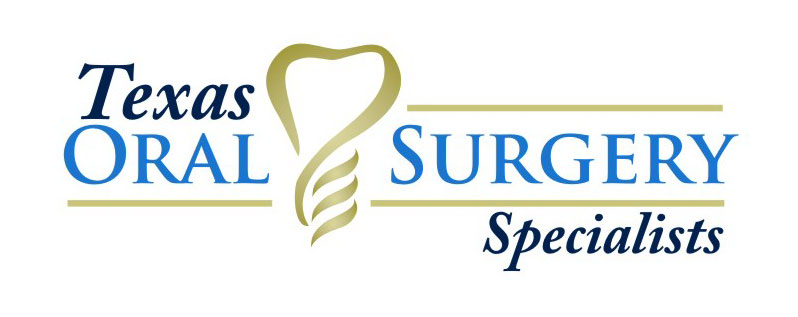 In your lifetime, oral surgery may be recommended to help you improve the health and appearance of your smile. Though hearing the term surgery may bring about some unease, when a skilled and experienced oral surgeon performs your procedure, you will enjoy a smooth recovery and a healthier smile.
In your lifetime, oral surgery may be recommended to help you improve the health and appearance of your smile. Though hearing the term surgery may bring about some unease, when a skilled and experienced oral surgeon performs your procedure, you will enjoy a smooth recovery and a healthier smile.
As a board certified Colleyville oral surgeon, Dr. Chris Tye serves the residents of Grapevine, Keller, Southlake, Euless, Bedford, and across the great state of Texas with expert patient care. Dual degreed in both medical and dental school, his educational background and certification allows him to provide superior surgical results. Below are some common types of oral surgeries and when they would be needed. Understanding these in advance can help bring clarity when they are recommended.
TMJ Surgery
TMJ disorder is an oral condition that affects the temporomandibular joints in your jaw, causing them to become irritated. These hinge joints connect your upper and lower jaw and are responsible for basic daily functions that require opening and closing your mouth. When these joints are misaligned and surrounding tissues inflamed, it can lead to chronic headaches, severe jaw pain, lockjaw, a popping sound when opening your jaw, and a host of other side effects. When conservative treatments are ineffective, oral surgery is generally recommended to improve your oral health and quality of life.
During reconstructive jaw surgery, Dr. Tye will place you under anesthesia and carefully realign your jawbone to its proper position so that unnecessary pressure on your joints is alleviated and complete oral function restored.
Dental Extractions
Although it’s best to try and maintain your natural teeth when possible through traditional methods, occasionally teeth may need to be extracted to improve your health. Dental extractions are often recommended when teeth are severely damaged as a result of tooth decay, gum disease, or injury. When primary teeth have failed to fall out on their own, an extraction can also be performed to make room for your incoming teeth. In cases of complex overcrowding and dental misalignment in children, extractions are necessary before orthodontic treatment to enhance the results. Dental extractions are performed under local anesthesia and either nitrous or IV sedation to make treatment as comfortable as possible.
Bone Grafting
As soon as permanent teeth are extracted or lost, it’s important to fill in the missing gap with a restorative device immediately. If not, remaining will teeth shift and the jawbone will begin to degenerate. Bone loss can result in dental pain and facial structural changes, and it can also prevent you from qualifying for an implant-supported restoration. Dental implants require sufficient jawbone strength in order to survive. If an extensive period of time has lapsed since your teeth were removed and your jawbone has receded, Dr. Tye will recommend bone grafting as a preliminary procedure to your dental implant surgery.
Bone grafting involves harvesting tissue from either another area of your body, such as the chin or tibia. If you want to avoid a second surgical site, Dr. Type can also use tissue from a cadaver or bovine, or develop it from synthetic materials. Once the tissue is collected, it will be inserted through an incision made in your jawbone. Your procedure will be performed under anesthesia to ensure optimal comfort. Over the course of the next two to three months the tissue will integrate and promote healthy bone regeneration.
Dental Implant Surgery
No matter whether you are missing one tooth or an entire arch of teeth, an implant-supported restoration provides an ideal solution to replacing missing teeth. Patients who desire this procedure must first undergo dental implant surgery. During the procedure, Dr. Tye will administer sedation, make an incision in your gums and insert the small implant posts. After about four to six months, the implants will integrate with surrounding tissues, act as former tooth roots, and provide a solid foundation for your implant-supported device.


